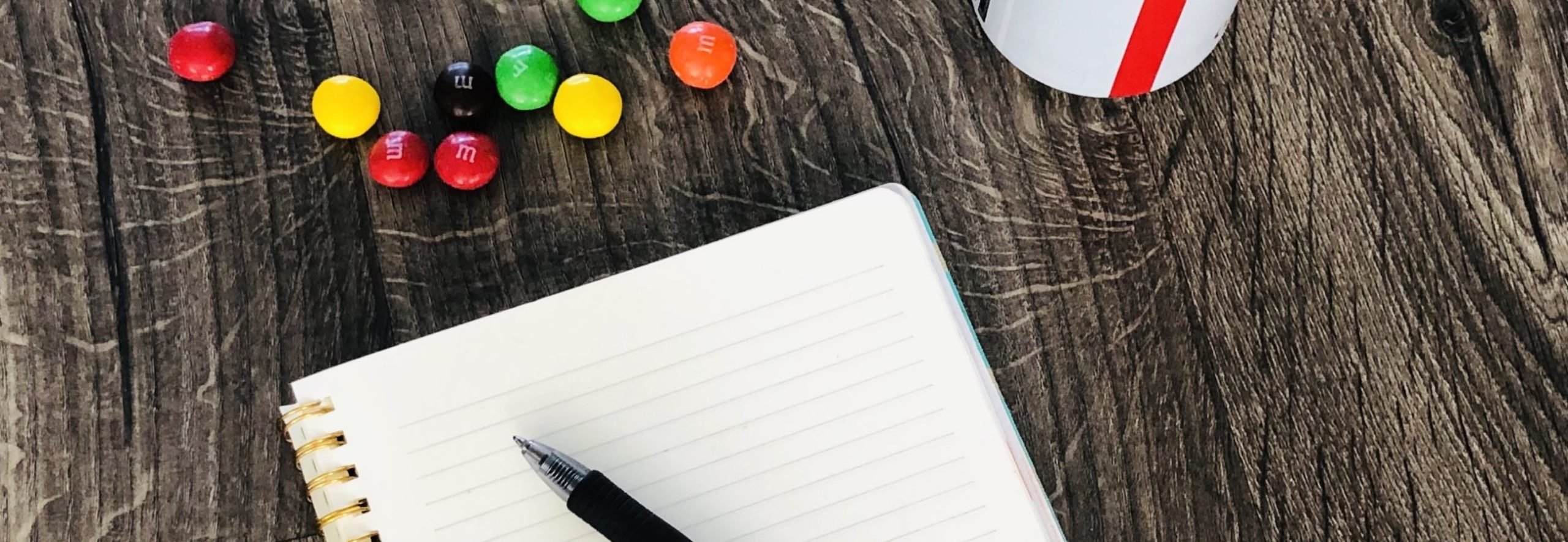Today’s post is courtesy of the amazing Kris Atkins.
Kris Atkins writes fantasy novels for adults—and laces them with characters with mental illness living extraordinary lives. She was diagnosed with bipolar II disorder in 2009 and has since become an advocate for banishing the stigma around mental illness. When she’s not writing and daydreaming about her stories, she spends her time chasing her three young sons (and sometimes catching them!). She has a BA in linguistics from Brigham Young University, an MFA in creative writing from Converse College, and a deep and abiding love for Diet Dr. Pepper. Check out her website to learn more.
Yesterday was a bad day. It started with a panic attack, and when that subsided anxiety gnawed at me for the rest of the day. I just got home from a trip, so I’m experiencing a post-vacation crash. Except, since it’s summer—when I’m usually hypomanic—depression turned into a mixed episode. I was restless, but unfocused. I wanted to do something, but couldn’t get myself to do anything productive. When my husband got home from work, I retreated to the basement with my weighted blanket and a book, and prayed for the hours to pass quickly so I could go to bed and end the horrific day.
All of that happened, and I take medication for my bipolar II disorder. But for nine years, I tried to manage my illness without medication. I’m sure you can imagine how well that experiment went.
The onset of my disorder began my senior year of high school, when I was 18. I’m currently 35, so I’ve been living with mental illness for 17 years. However, I didn’t get diagnosed until I was 24. For six years, I suffered without understanding what was going on. My sophomore year of college I experienced my first serious depressive episode. I sought help from a university therapist, and we concluded it was situational.
Over time, the episode ended. But it didn’t take long for other bipolar symptoms to pop back up. Racing thoughts, bipolar anger, apathy, tearfulness, suicidal ideation, thoughts of self-harm, obsessing, compulsive behaviors, anxiety. I didn’t know what was wrong with me. I have a family member who has bipolar I disorder. Sometimes I would wonder if I had bipolar disorder as well. But then I’d dismiss it. I convinced myself I was being melodramatic.
Finally, that family member noticed my symptoms and recommended I seek help. I went to a psychiatrist, and after a few visits, she diagnosed me with bipolar II disorder.
I was floored.
I was relieved.
It was an answer. It gave me a path to recovery and illness management. It hasn’t been easy. My early years with meds left me feeling dead inside, so I decided to try managing things on my own. In all honesty, I did really well, all things considered. But it was exhausting. And I wasn’t perfect. I spent so many days absolutely miserable. I had an entire winter where I didn’t get out of bed until noon. My husband would get up with my two boys, and when it was time for him to go to work, he’d put them on my bed with their tablets and snacks for the morning. One afternoon I found a smooshed banana in the sheets. It left a stain that we laugh about now—it genuinely looks like someone pooped in the bed—but the sight also haunts me. It’s a reminder of the toll of bipolar depression.
I kicked a hole in my bedroom wall a few years ago. I kicked it once, but nothing happened. So I kept kicking until I finally broke through. My husband patched it up, but we’ve yet to paint over it. A friend saw it once and joked that someone must’ve been really angry. I laughed uncomfortably, not feeling close enough to them to admit the truth.
There’s so much darkness in mental illness. It’s a constant, daily thing. Something alive, that follows me and nips at my heels—even with medication. Even when I’m having a good day, I know the beast is lurking behind me, ready to pounce.
But there have been bright spots as well. I’ve learned so much empathy. My husband has as well, and my kids are learning it. They know that mom has sad days, or times when she’s really scared and needs to curl up in a blanket. I’ve apologized to them so much in their short lives, and I genuinely hope that’s a lesson on admitting you’re wrong—rather than a painful memory of all the times mom lost her mind. I’ve connected with people who also deal with mental illness. I’ve told people I have bipolar II disorder and watched a light spark in their eyes. Kris Atkins, with her stable marriage and college degrees and middle-class life, has a major mental illness? I fight against stigma online, posting about my experiences, and every time I do, someone reaches out to say thank you, I now know that I’m not alone.
There are days when I would gladly rid myself of this burden. Days when I wish for nothing more than the pain to be gone—even if that release comes through death. But I know that if I didn’t have this trial, I would deal with something else. And I know how to live with bipolar disorder, even if I often hate it.
But most of all, it’s impossible to ignore the fact that this disease has shaped who I am. It’s as much a part of me as my green eyes and freckled cheeks. And, despite all the struggle and grief it’s given me, I can’t help but be grateful. Because I rather like who I am. And I’m excited to see who I’ll become in the future, with bipolar disorder nipping at my heels.
